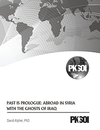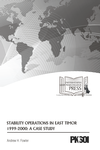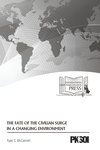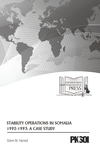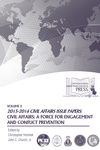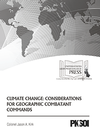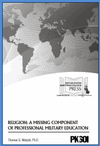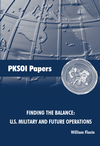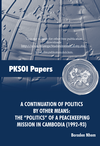2016-2017 Civil Affairs Issue Papers: Leveraging Civil Affairs
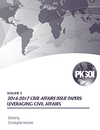
For three years now, the Civil Affairs Association and its partners have provided the Civil Affairs Regiment a way to provide experience-based feedback and advice to institutional and policy level leadership on the future of the Civil Affairs force through an annual fall symposium. These symposia result in Civil Affairs Issue Papers published and presented at the spring roundtable. With every successive year, the discussion has become increasingly impactful, improving the Regiment as a learning organization by advancing a unified, whole of CA force view of professional and force development discussion using this unofficial, collegial platform.


